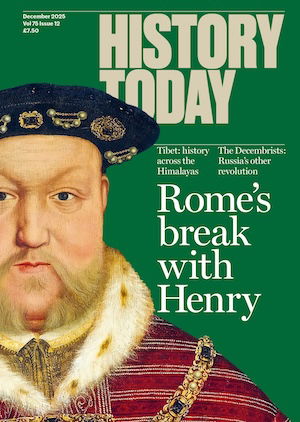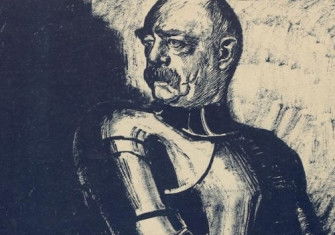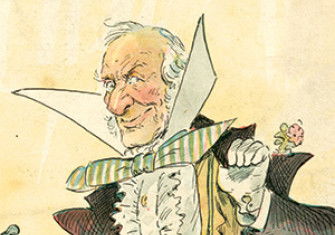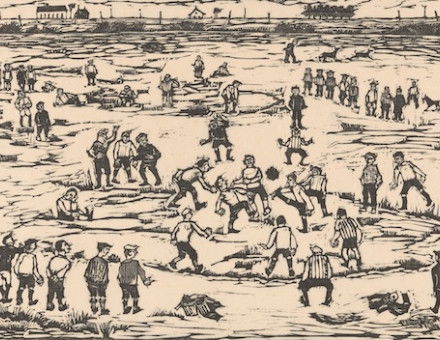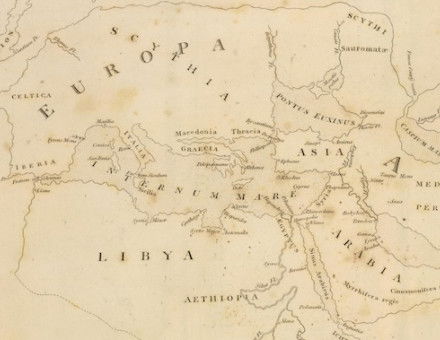Bismarck’s Britain
The German chancellor Otto von Bismarck saw himself as a puppet-master, engineering British politics from afar in his feud with Gladstone.
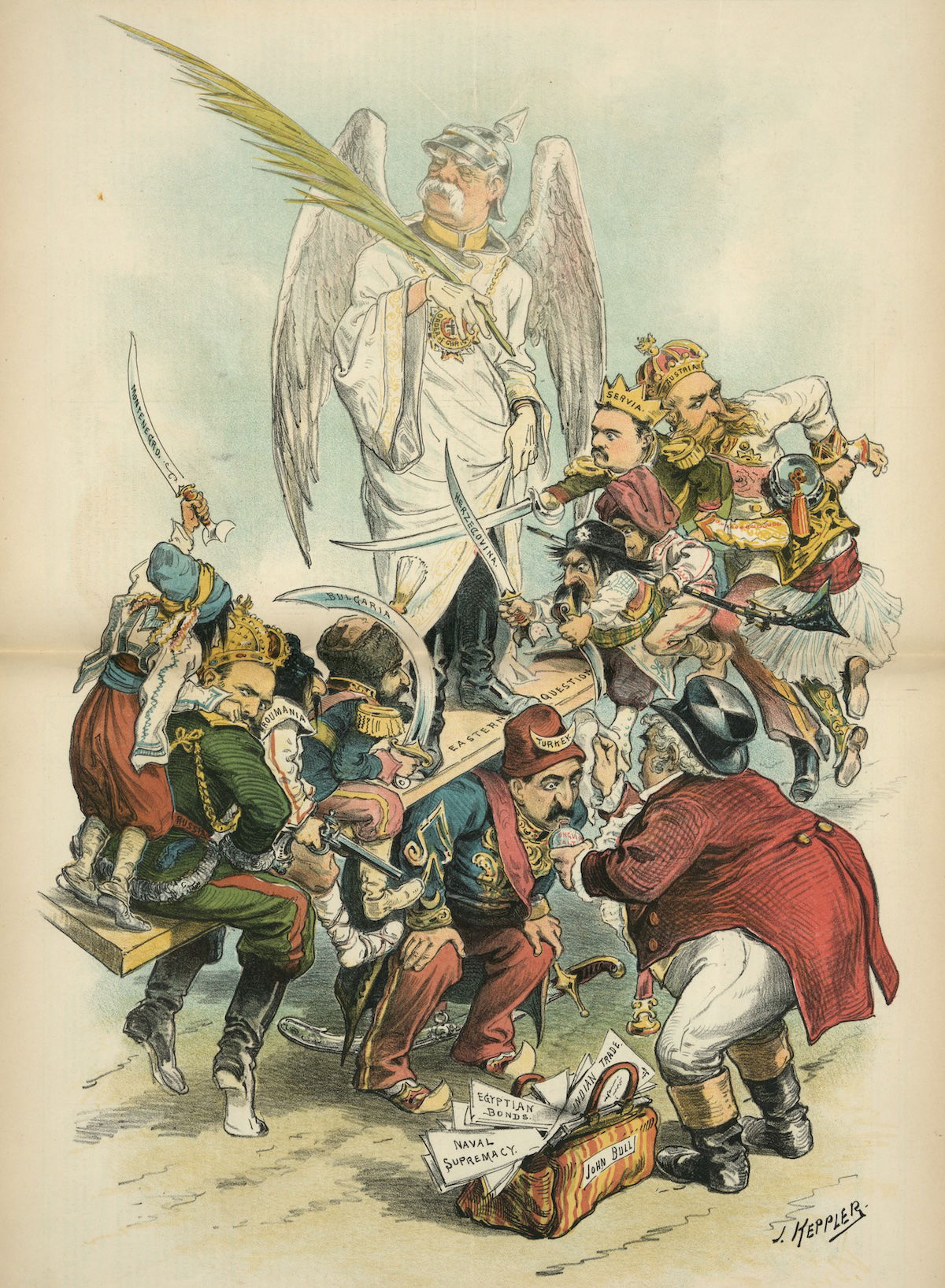
In mid-September 1883 the British steamer Pembroke Castle, traversing the North Sea, made an unscheduled stop in Denmark. Upon landing at Copenhagen the dignitaries on board, including British prime minister William Ewart Gladstone, received an invitation to dine with the Danish royal family at Fredensborg Palace, where Gladstone spent a convivial evening with the Danish king and his guest, Tsar Alexander III of Russia.
The unscheduled meeting between Britain’s prime minister and the Russian emperor raised eyebrows in London and elicited a rebuke from Queen Victoria. But in Berlin it caused a shockwave. Germany’s ‘Iron Chancellor’, Otto von Bismarck, was deeply engaged in a long-running campaign to oust the British leader. The 19th century’s greatest proponent of realpolitik was also one of its most wily meddlers in the affairs of his rivals. News that Gladstone had met the tsar stoked Bismarck’s paranoia about an Anglo-Russian alliance, causing him to take ever more radical measures in his quest for a change of leadership in London.

